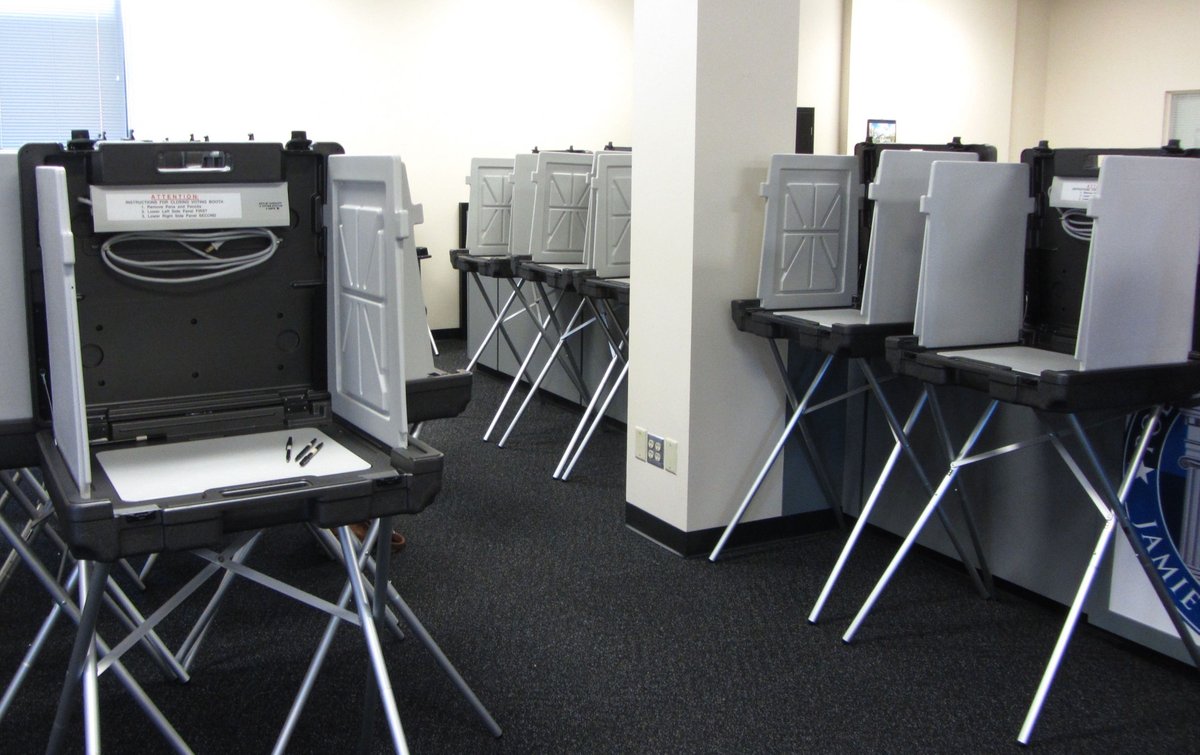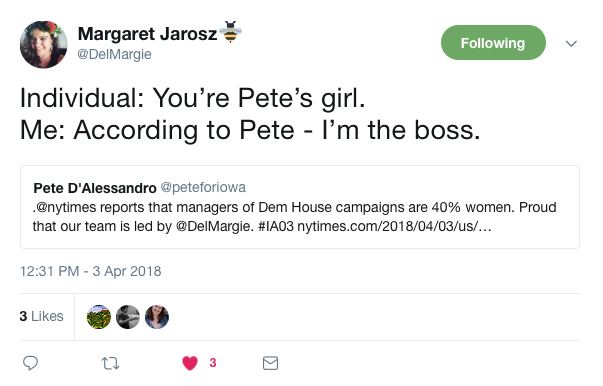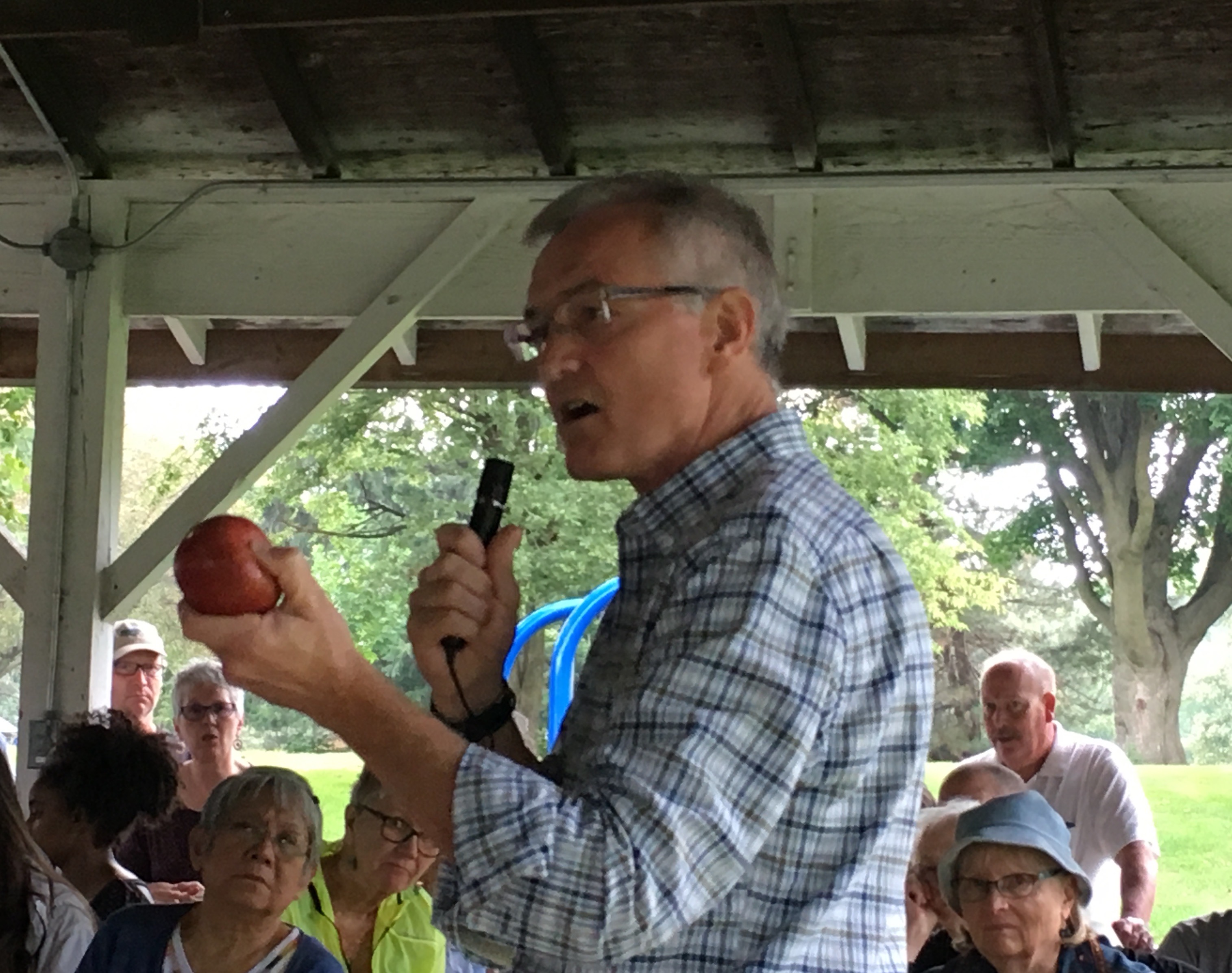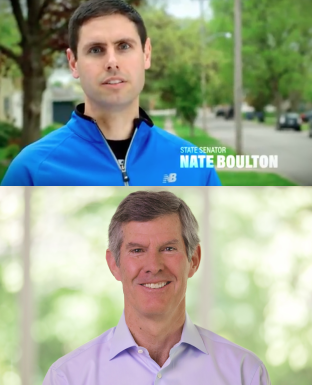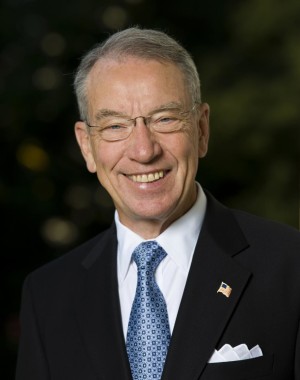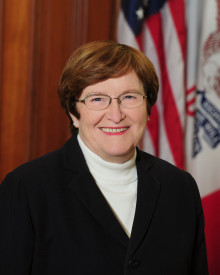If you thought nothing could surprise you anymore about Iowa Secretary of State Matt Schultz, I recommend reading the report Chief Deputy State Auditor Warren Jenkins released yesterday. Jenkins reviewed payments to Schultz’s former chief deputy Jim Gibbons after Gibbons stopped coming to work. You can download a pdf of the audit here. I’ve posted the full text after the jump.
Key points: Schultz told Gibbons in May 2012 that his position would be eliminated at the end of the calendar year. Gibbons stopped coming in to work regularly the following month. Normal procedure calls for at-will state employees to be paid “until the end of the pay period, up to a maximum of 2 weeks after being notified their position is to be eliminated.” After learning that state agencies are not allowed to make severance payments to at-will employees, Schultz decided to keep Gibbons on the payroll through December 2012. There are no timesheets or records of how often Gibbons came to work between June and December of that year. Former colleagues could not provide Jenkins with much information about anything Gibbons did for the Secretary of State’s Office. Gibbons reported directly to Schultz.
The audit concluded, “Based on the lack of documentation supporting work performed by Mr. Gibbons, we cannot determine the public benefit of the Secretary of State’s Office paying Mr. Gibbons $90,738.67 in salary, vacation, and benefits for the period June 8, 2012 through December 31, 2012.” Jenkins also questioned the public benefit of paying more than $21,000 to two other at-will employees whose positions were eliminated.
Schultz is now running for Madison County attorney. That election will be a good test of whether Madison County Republicans care more about partisan allegiance or basic competence. A statement from Schultz tried to pass off Gibbons’ work arrangement as something advised by the Department of Administrative Services. That spin is misleading, for reasons I explain after the jump.
Current State Auditor Mary Mosiman was one of Schultz’s deputies during the period examined, and to put it mildly, this report casts an unflattering light on her. She has claimed that she warned Schultz that keeping Gibbons on the payroll was damaging to morale in the agency. But the bottom line is, she never blew the whistle on a colleague getting tens of thousands of taxpayer dollars for doing no work.
In addition, Jenkins found that neither Mosiman nor Gibbons submitted timesheets or “leave slips” documenting approval of planned time off. As a result, Mosiman “was paid for one week of accumulated vacation she should not have received” when she left the Secretary of State’s Office for her current job. She has reportedly already returned to the state her excess payment of $2,500. No one knows whether that’s the full extent of overpayments to Schultz’s subordinates. Jenkins’ report states, “Because timesheets and leave slips were not required to be completed and were not submitted by the Deputies, we are unable to identify any additional vacation hours used but not properly recorded for the Deputies.”
The state auditor is supposed to make sure the public’s money is well spent. How can someone do that job without understanding the need to record essential information such as time spent working and time spent on vacation? Even if Mosiman was not aware that she received too much vacation pay, she should have recognized and taken steps to correct the lack of record-keeping at the Secretary of State’s Office. She should not have stood by and let Gibbons collect month after month of salary and benefits, long after he stopped coming to work.
After the jump I’ve posted comments from Schultz, Democratic State Senator Liz Mathis (who requested the audit), Democratic candidate for secretary of state Brad Anderson, and Democratic candidate for state auditor Jon Neiderbach.
Continue Reading...


